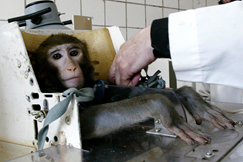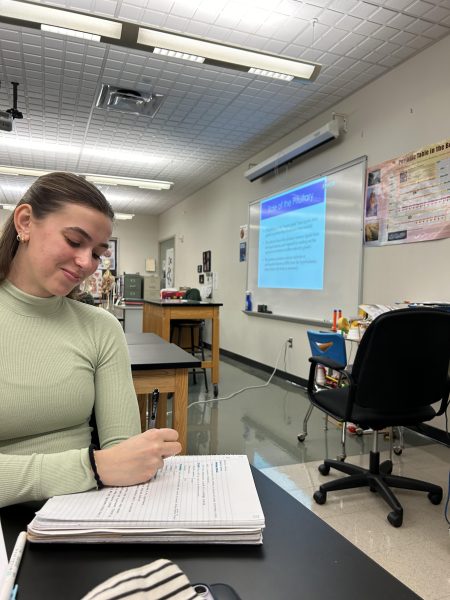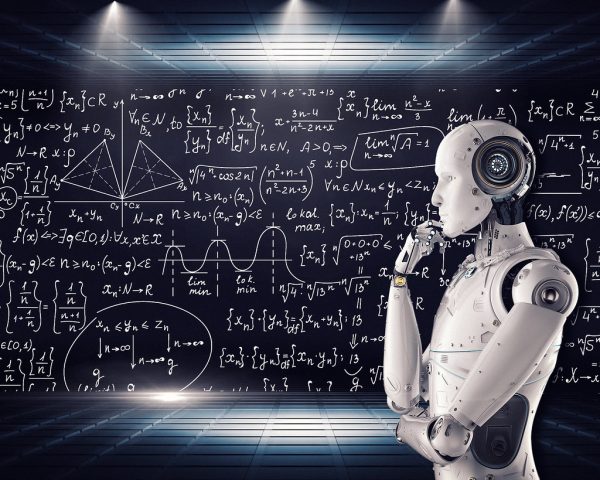Animal Testing or Animal Abuse?
Animal testing is never justified.
Every year, approximately 100 million animals are harmed as a result of animal testing. Since 1938, the cosmetic industry has been testing on animals. It’s not as simple as putting lipstick on a kitten to do animal experiments. To evaluate the toxicity of a product, scientists inject chemicals into the eyes, skin, and mouths of bunnies, mice, guinea pigs, monkies, and dogs. The results of these tests almost always causes death to the animals involved. It is never justified to test on animals.

People have different perspectives on animals; some consider them as companions, while others see them as means for advancing medical practices and research. Animals are exploited by cosmetic companies all throughout the world, regardless of how people feel about them. Those who support animal testing claim that experiments on animals are necessary for medical progress. Makeup companies such as MAC, L’Oreal, and Maybelline believe that animal testing is justified. It is, in their opinion, preferred to test on animals rather than make their products more environmentally friendly for their customers. Cruel animal experiments are carried out to find solutions to medical issues, but they primarily harm animals. Animals, like humans, are living organisms who should not be forced to sacrifice their life for the dominant species. Toxic substances and medications that pass animal testing are frequently harmful to humans. In fact, clinical studies revealed that 90 percent of products approved for human use following animal testing were inefficient and dangerous to humans.
Kristin Huston, a supporter of cruelty-free cosmetics, has adapted her skincare and makeup routines to reflect her beliefs. “Whether you believe it or not, you are making a significant difference when you buy cruelty-free cosmetics,” she explains. When individuals vote with their money, larger corporations are more likely to implement change. Human volunteers, improved computer modeling tools, and sophisticated experiments employing human cells and tissues would all be alternatives to animal testing. Scientists have recently developed small organs that mimic the functions and reactions of a human heart, lungs, skin, kidneys, and liver. Replacing animal testing does not mean halting medical progress or putting human patients at risk; rather, it will improve the quality and humanity of our science.
Sources: https://www.hsi.org/news-media/about/
https://www.crueltyfreekitty.com/list-of-cruelty-free-brands/
https://www.crueltyfreekitty.com/companies-that-test-on-animals/
https://seriouslyfab.com/blogs/news/six-reasons-to-pick-cruelty-free-cosmetics-today
https://www.niehs.nih.gov/health/topics/science/sya-iccvam/index.cfm
https://www.livescience.com/65401-animal-testing-alternatives.html
https://www.sciencedirect.com/science/article/pii/S1319016413001096
Lilly Huckerby, Grade 12. Interests/hobbies include hanging out with friends, traveling, and going to the beach. Lilly plans on attending West Chester...









